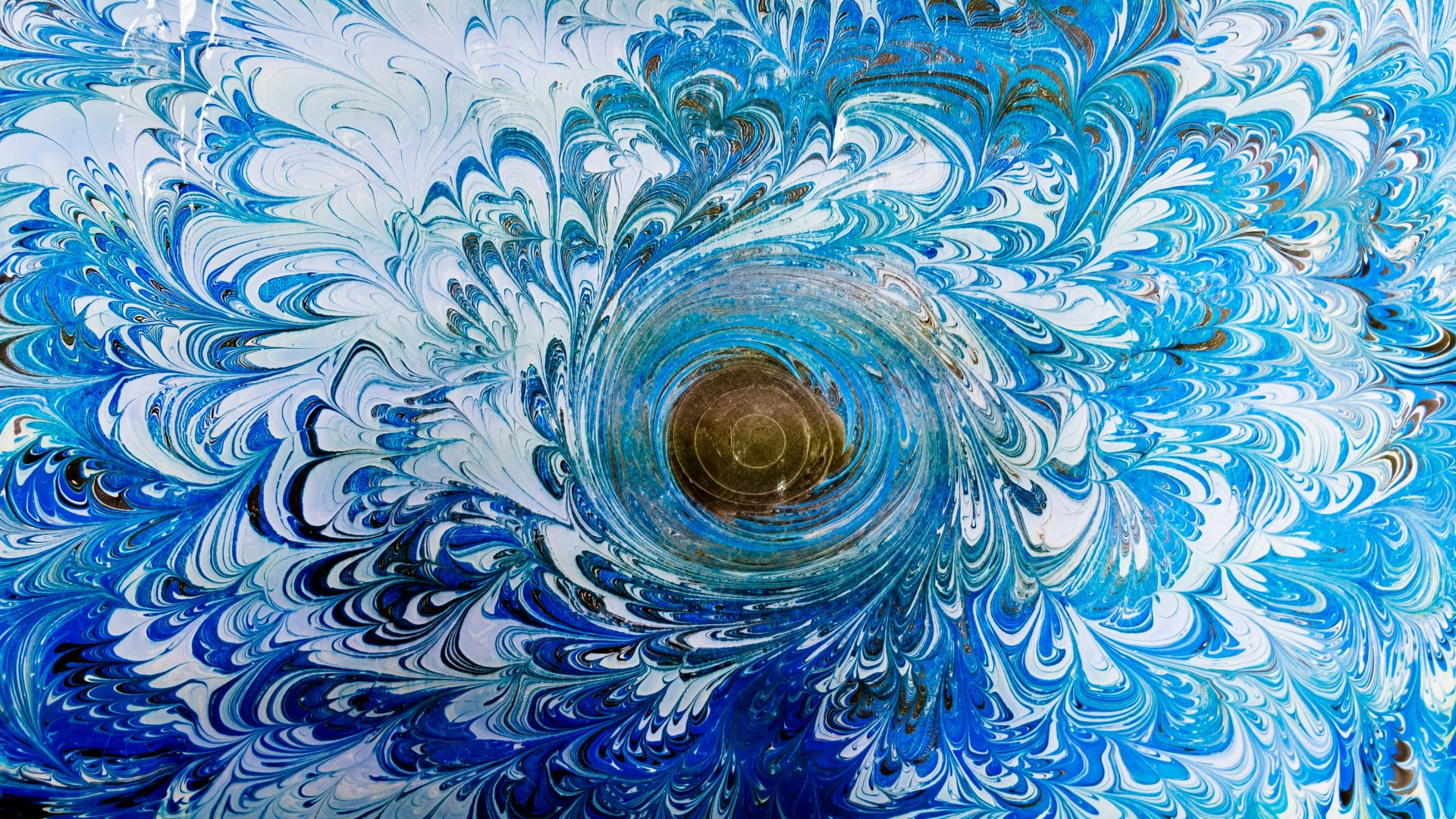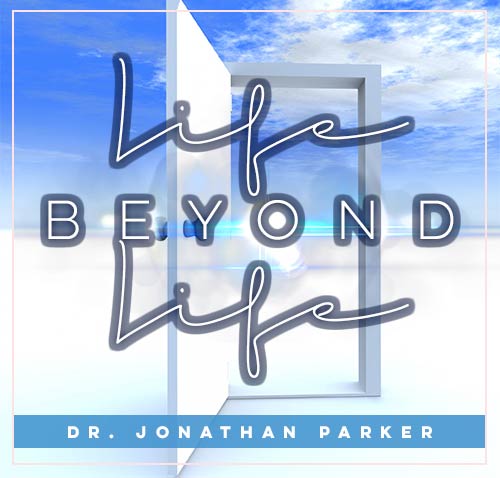The Soul’s Journey After Death Explained

Before diving in, please note: This post is for informational purposes only. If you’d like to know more about how we approach topics, feel free to check out our friendly Disclaimer Page.
Hey there, amazing readers! 🖐️ Just a quick note: yes, we know there are a lot of ads here. Trust us, we get it—it’s not the prettiest look, but they help us keep this blog alive and kicking. Those pesky little ads cover the costs of all the behind-the-scenes magic, from hosting and tech stuff to creating content we hope you’ll love.
We’re committed to delivering quality posts, and your support (even just sticking around despite the ads) means everything to us. So, bear with us, and thanks for helping us keep the good vibes rolling. Now, on to the fun stuff! 😉
TRANSLATE BUTTON AT THE END OF THE ARTICLE
A Quick Overview
The concept of the soul and what happens to it after death is a topic that has fascinated humanity for centuries.
Different cultures and religions around the world have their beliefs and interpretations of what occurs when an individual passes away.
From the moment of death to the transition to the afterlife, the role of karma, views on heaven and hell, reincarnation, near-death experiences, spiritual guides, the process of soul review, lessons learned in the afterlife, and reuniting with loved ones, the journey of the soul after death is a complex and intriguing subject.
The Concept of the Soul
The soul is often regarded as the spiritual or immaterial essence of a living being.
It is believed to be the core of an individual’s being, representing their true self beyond the physical body.
Many cultures and religions believe that the soul is eternal, existing before birth and continuing after death.
The soul is often associated with consciousness, emotions, and the individual’s unique identity.
Beliefs Across Different Cultures
Various cultures have diverse beliefs about the soul’s journey after death.
For example:
In Hinduism, it is believed that the soul undergoes a cycle of death and rebirth, known as samsara, until it reaches liberation, or moksha.
In Christianity, the soul is judged after death and sent to either heaven or hell based on its actions during life.
In Buddhism, the soul goes through a process of reincarnation, where it is reborn into different forms based on karma.
These cultural beliefs shape how individuals perceive death and the afterlife, influencing their attitudes and behaviors during their lifetime.
What Happens at the Moment of Death
At the moment of death, many believe that the soul separates from the physical body, transitioning to the next phase of existence.
This moment is seen as a critical juncture where the soul leaves behind the earthly realm and embarks on its journey to the afterlife.
It is often described as a peaceful and serene experience, where the individual may feel a sense of release and liberation from the physical constraints of the body.
The Transition to the Afterlife
The transition to the afterlife is a significant step in the soul’s journey after death.
Depending on cultural beliefs, this transition may involve crossing a threshold, passing through a tunnel, or encountering spiritual beings who guide the soul to its destination.
The afterlife is often portrayed as a realm of existence that is distinct from the physical world, where the soul can continue its spiritual growth and evolution.
The Role of Karma in the Soul’s Journey
Karma, the law of cause and effect, plays a crucial role in determining the course of the soul’s journey after death.
Many believe that the actions and intentions of an individual during their lifetime impact their karma, influencing the experiences they will have in the afterlife.
Positive actions are thought to lead to a more favorable afterlife, while negative actions may result in a more challenging experience.
Different Views on Heaven and Hell
Views on heaven and hell vary across different cultures and religions.
Heaven is often seen as a place of eternal bliss and fulfillment, where the soul is reunited with loved ones and experiences a state of divine peace.
In contrast, hell is portrayed as a realm of suffering and punishment, where the soul faces the consequences of its actions through torment and anguish.
These contrasting views reflect the moral and ethical beliefs of each culture.
Reincarnation and the Soul’s Return
Reincarnation is a belief found in many Eastern religions, where the soul is reborn into a new body after death.
This cycle of rebirth continues until the soul achieves spiritual enlightenment or liberation.
Reincarnation offers the soul the opportunity to learn and grow through multiple lifetimes, gaining wisdom and evolving towards higher states of consciousness.
Near-Death Experiences and Insights
Near-death experiences (NDEs) are reported by individuals who have been on the brink of death and then revived.
These experiences often involve encounters with light, peaceful feelings, and a sense of being out of the body.
NDEs provide insights into the afterlife and the soul’s journey, offering comfort and reassurance to those who fear death.
Spiritual Guides and Guardians
Many believe that spiritual guides and guardians assist the soul during its journey after death.
These beings are thought to offer protection, guidance, and support as the soul navigates the unfamiliar terrain of the afterlife.
Spiritual guides may help the soul review its life, learn important lessons, and prepare for its next phase of existence.
The Process of Soul Review
The soul review is a stage in the afterlife where the individual reflects on their life experiences, actions, and choices.
This process involves examining the impact of their deeds on themselves and others, understanding the lessons learned, and acknowledging areas for growth and improvement.
The soul review is designed to enhance the soul’s evolution and development, promoting spiritual growth and self-awareness.
Lessons Learned in the Afterlife
In the afterlife, the soul has the opportunity to learn valuable lessons that contribute to its growth and evolution.
These lessons may involve understanding the consequences of its actions, cultivating compassion and forgiveness, and expanding its consciousness.
The afterlife offers a unique environment for self-reflection, self-discovery, and personal transformation, shaping the soul’s journey towards greater spiritual awareness.
Reuniting with Loved Ones
Reuniting with loved ones is a common theme in many beliefs about the afterlife.
It is believed that the soul has the chance to reconnect with family members, friends, and loved ones who have passed away before them.
This reunion brings comfort, joy, and a sense of continuity, reaffirming the bonds of love and connection that transcend physical death.
Conclusion
The soul’s journey after death is a multifaceted and profound experience that transcends the physical realm.
Beliefs about the soul, the afterlife, karma, heaven, hell, reincarnation, near-death experiences, spiritual guides, soul review, lessons learned, and reuniting with loved ones shape how individuals perceive and understand death.
Exploring these concepts offers insights into the nature of the soul, the mysteries of existence, and the eternal journey of consciousness beyond the limitations of the physical body.
The soul’s journey after death is a testament to the enduring spirit of humanity and the eternal quest for meaning, growth, and transcendence.

The Enlightenment Journey is a remarkable collection of writings authored by a distinguished group of experts in the fields of spirituality, new age, and esoteric knowledge.
This anthology features a diverse assembly of well-experienced authors who bring their profound insights and credible perspectives to the forefront.
Each contributor possesses a wealth of knowledge and wisdom, making them authorities in their respective domains.
Together, they offer readers a transformative journey into the realms of spiritual growth, self-discovery, and esoteric enlightenment.
The Enlightenment Journey is a testament to the collective expertise of these luminaries, providing readers with a rich tapestry of ideas and information to illuminate their spiritual path.
Our Diverse Expertise 🌟
While our primary focus is on spirituality and esotericism, we are equally passionate about exploring a wide range of other topics and niches 🌍📚. Our experienced team is dedicated to delivering high-quality, informative content across various subjects ✨.
To ensure we provide the most accurate and valuable insights, we collaborate with trusted experts in their respective domains 🧑🏫👩🏫. This allows us to offer well-rounded perspectives and knowledge to our readers.
Our blog originally focused on spirituality and metaphysics, but we’ve since expanded to cover a wide range of niches. Don’t worry—we continue to publish a lot of articles on spirituality! Frequently visit our blog to explore our diverse content and stay tuned for more insightful reads.






